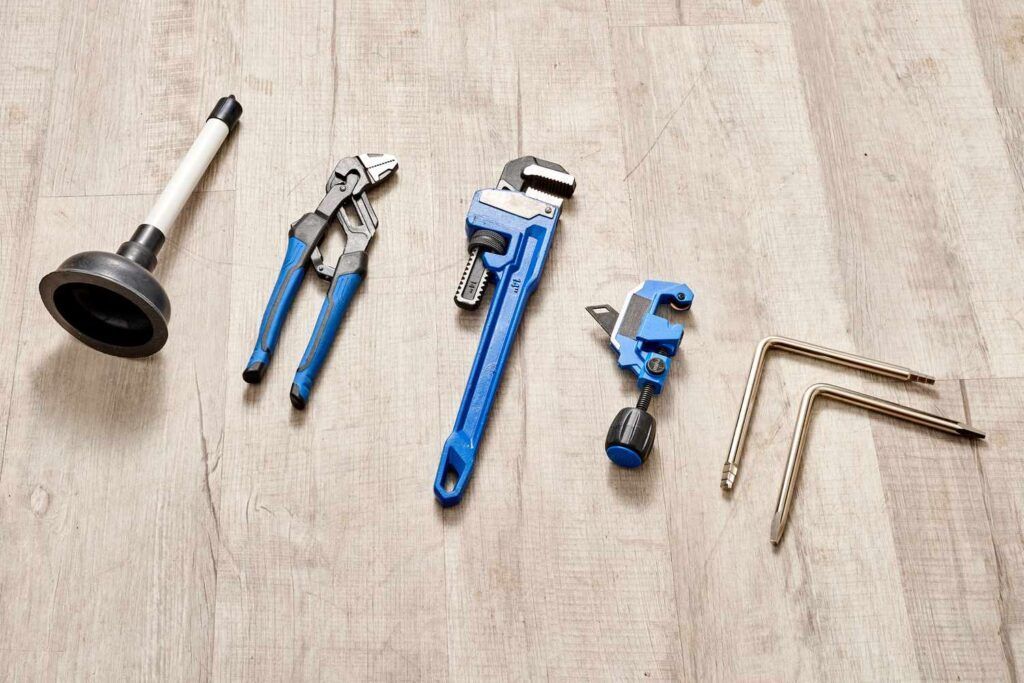Don’t Abuse This Important Kitchen Plumbing Device

There are certain appliances within your home that you could probably never even imagine living without—especially when it comes to your plumbing system. Your water heater, for one, is a system you use on a daily basis, and it deserves special attention. There are other plumbing appliances that aren’t a necessity so to speak, but, like a water heater, are components you likely take for granted. One such component is your Bellaire, TX garbage disposal.
Once you and your family are used to the benefits and convenience that a garbage disposal offers, it’s easy to see why a problem with this system can leave you feeling pretty annoyed. Fortunately, if any problems do crop up, then you can turn to our team for quality services. However, we’d like to help you avoid a garbage disposal breakdown to begin with!
What Should You Keep Out of Your Garbage Disposal?
Caring for your garbage disposal properly is essential to its functionality. Not doing so can leave you with a messy problem, and can compromise other parts of your drain and sewer system.
One of the common myths about plumbing appliances is that garbage disposals are equipped with sharp blades that can “chop up anything” you put down your kitchen sink drain. Unfortunately, this is just not the case.
Your garbage disposal does have “blades,” if that’s what you want to refer to them as. They’re actually grinder plates, which depend on centrifugal force in order to grind down food waste. That waste is then flushed down the sink drain, and then the water from your running faucet helps to push it all the way down the drain. There are some items, however, that can overload your garbage disposal or damage it, rendering both the disposal and your kitchen sink useless. These items include:
- Hard Items: We’re talking about food byproducts like bones or fruit pits. There are some newer garbage disposal systems on the market that advertise they can handle fruit pits, however in most cases you’re likely better off disposing of them in the trash.
- Pasta and Rice: Okay, these aren’t going to damage your garbage disposal. But what many homeowners don’t realize is that they don’t get broken up enough by the garbage disposal, and they expand as they absorb water—therefore they can end up causing blockages in your plumbing system.
- Fibrous Food Waste: We’re talking about things like corn husks and celery stalks. The fibers from these food items can get wrapped up in the moving parts of the disposal system, which can be damaged as it struggles to operate.
- FOG (Fats, Oils, and Grease): This is another one of those things that aren’t necessarily a threat to your garbage disposal, but that you want to think twice about when pouring stuff down the kitchen sink drain. If you pour these hot liquids down the drain after cooking, they congeal once they’ve hit cooler temps in your pipes, and it’s only a matter of time before this builds up and results in serious clogs within your plumbing system.
Generally speaking, you can rely on your garbage disposal to do its job on a consistent basis. If it does malfunction or shut down for some reason, however, first check to see if the reset button is the solution—usually it’s enough to kickstart the disposal back to life. If not, then your next step should be to give our pros a call!
For “services you can depend on,” contact Doug Turner Plumbing CO.
The post Don’t Abuse This Important Kitchen Plumbing Device appeared first on Doug Turner Plumbing CO..
CONTACT INFORMATION
Physical: 9945 Mula Rd. Stafford, TX 77477
Mailing Address: PO Box 1177 Sugar Land, TX 77487
Phone: (281) 201-6065

